
Post by : Saifi Sam
As the Gulf Cooperation Council (GCC) countries—Saudi Arabia, UAE, Qatar, Bahrain, Kuwait, and Oman—update their immigration systems, expatriates are entering a pivotal period of change. From unified regional visas to enhanced residency programs, 2025 promises a more streamlined and flexible approach for foreign residents. Here’s your essential guide to navigating these reforms.
In 2025, the GCC plans to introduce a Unified Tourist Visa allowing travelers to visit all six member countries using a single permit. This initiative is designed to reduce paperwork, simplify applications, and boost regional tourism. The visa application will be fully digital, making travel more accessible for tourists and residents alike.
The UAE continues to expand its Golden Visa program, offering long-term residency to investors, entrepreneurs, and skilled professionals. In 2025, it has become easier for expatriates to sponsor children up to age 25, with special provisions for unmarried daughters and children with special needs. Parents and in-laws may also be sponsored under certain conditions.
The UAE remains attractive for expatriates with no personal income tax and a low corporate tax rate, encouraging global talent and investment to establish roots in the country.
Kuwait has introduced significant updates to its visa policies. Foreign nationals residing in any GCC country for at least six months are now eligible for a tourist visa on arrival. This initiative aims to simplify travel and increase regional tourism.
Additionally, Kuwait has launched an online e-Visa platform for categories including tourist, family, business, and official visas. This digital transformation removes the need for embassy visits and speeds up the application process.
Saudi Arabia’s Premium Residency program provides expatriates the opportunity to live in the Kingdom without a sponsor. Designed to attract global talent and investment, the program offers benefits such as property ownership and business operation rights, supporting Saudi Arabia’s broader economic diversification goals.
Unified Travel: The GCC Unified Tourist Visa makes regional travel easier and more flexible.
Long-Term Residency: Countries like the UAE and Saudi Arabia offer programs to attract global talent and investments.
Digital Transformation: Kuwait’s e-Visa platform simplifies visa applications and reduces processing times.
Stay Updated: Regularly check for changes in visa policies to navigate the evolving immigration landscape effectively.
Expatriates in the GCC must stay informed of these reforms to take full advantage of new opportunities and make well-informed decisions about residency and travel plans. By understanding the latest visa policies, expats can ensure smoother experiences across the Gulf region.
The information in this article is for educational and awareness purposes only. It is not a substitute for professional immigration or legal advice. Readers are encouraged to consult official government sources or qualified experts before making decisions regarding visas, residency, or travel in the GCC region.

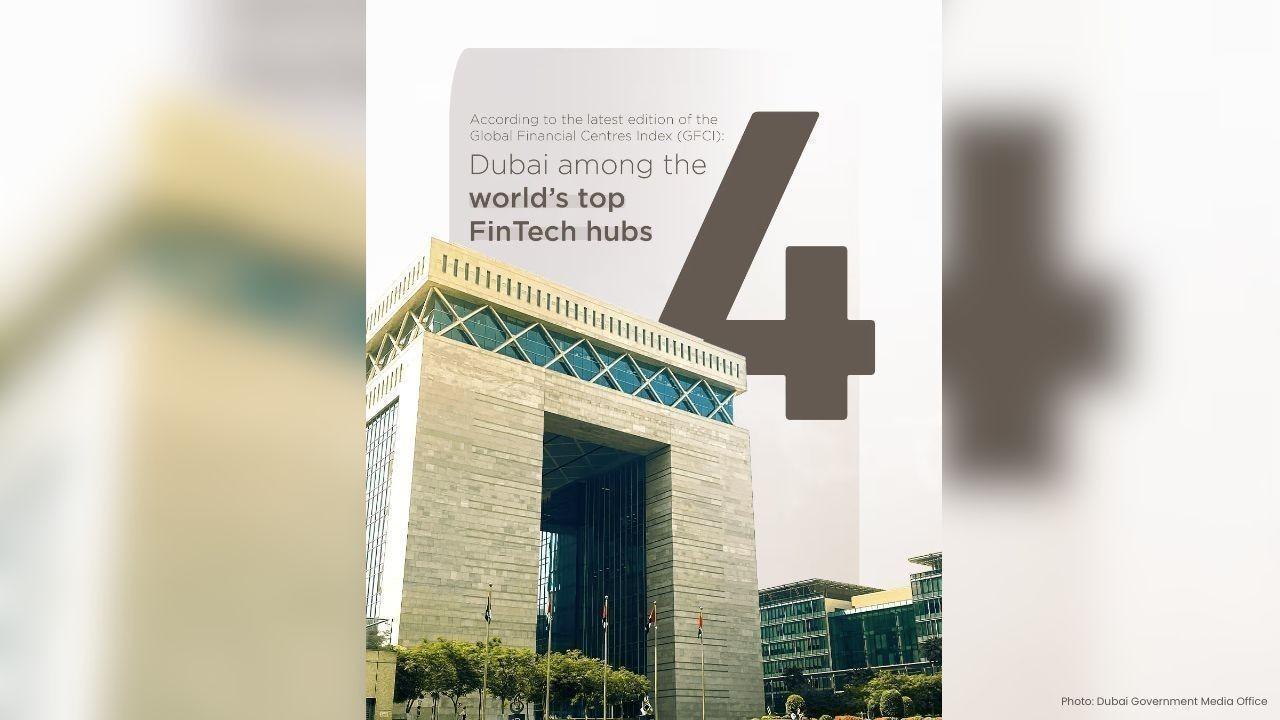
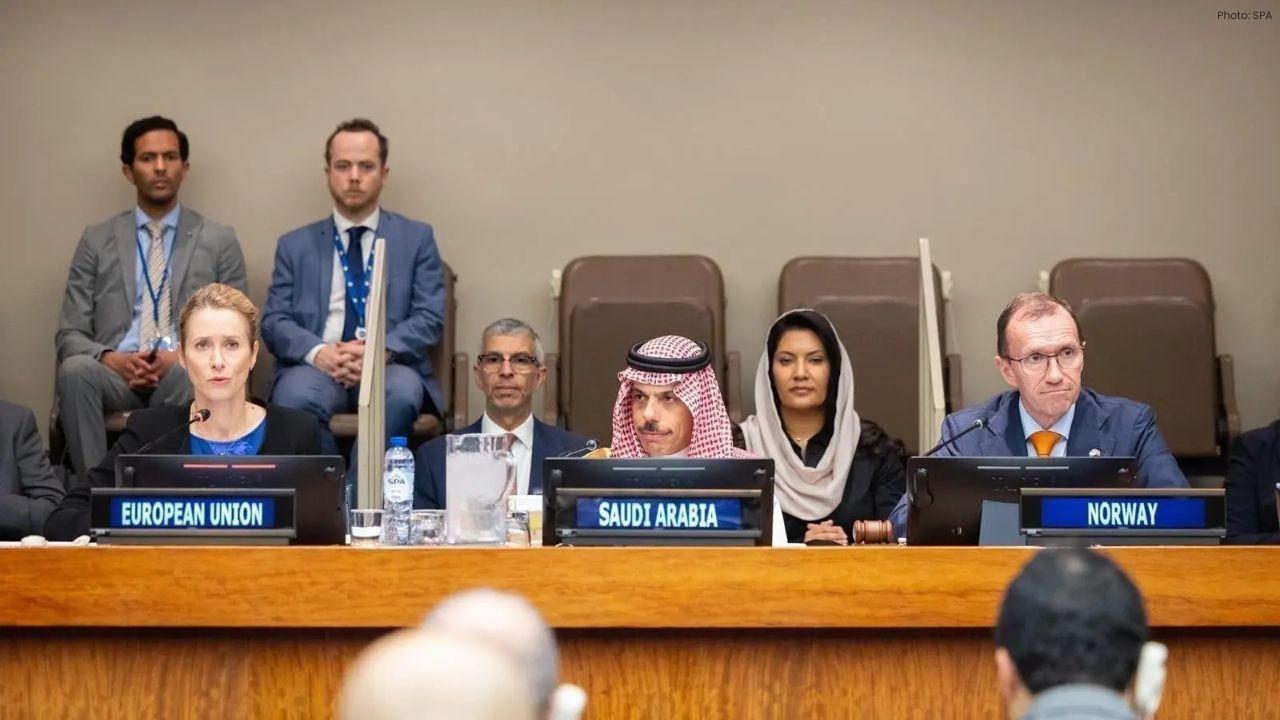
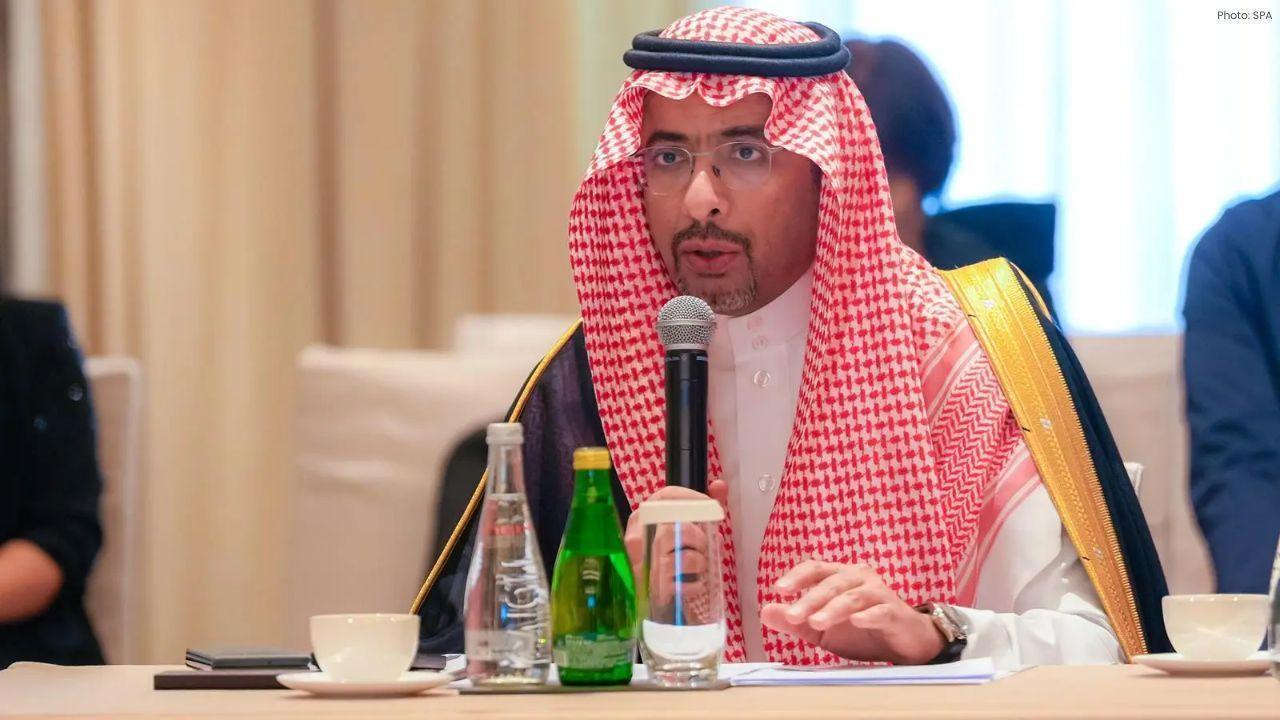

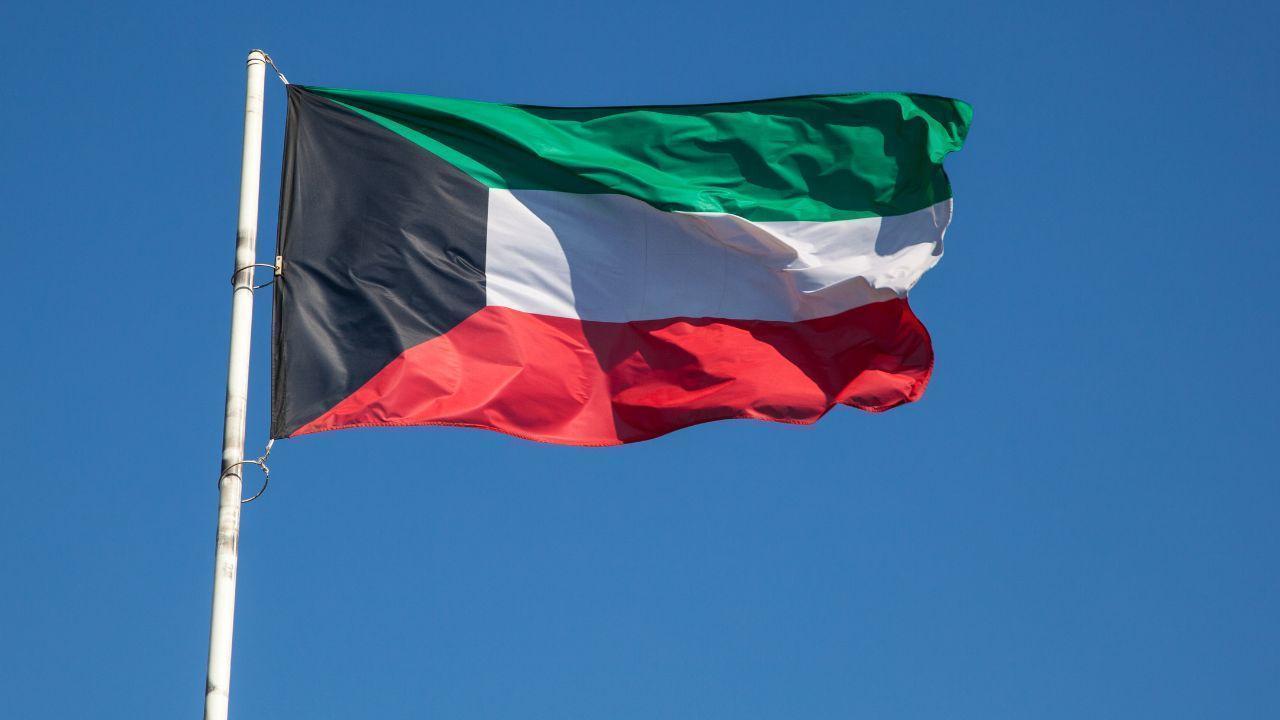




India Successfully Tests Agni-Prime Missile From Rail Launcher
India tests advanced Agni-Prime missile from rail-based mobile launcher, covering 2,000 km and showc

Karun Nair Dropped From Indian Test Squad Ahead Of West Indies
Karun Nair has been dropped from India’s Test team; Devdutt Padikkal replaces him as selectors focus

AI Tools Like ChatGPT Transform the Future of Stock Investing
AI tools like ChatGPT are reshaping investing by making stock advice accessible to ordinary people.

Sniper Attack on US ICE Facility in Dallas Leaves 2 Dead
A sniper attacked a Dallas ICE facility, killing two detainees and injuring one, prompting an FBI in

Ladakh Protests Turn Deadly As Youth Clash With Police
Youth-led protests in Ladakh turned violent as residents demand statehood and constitutional rights
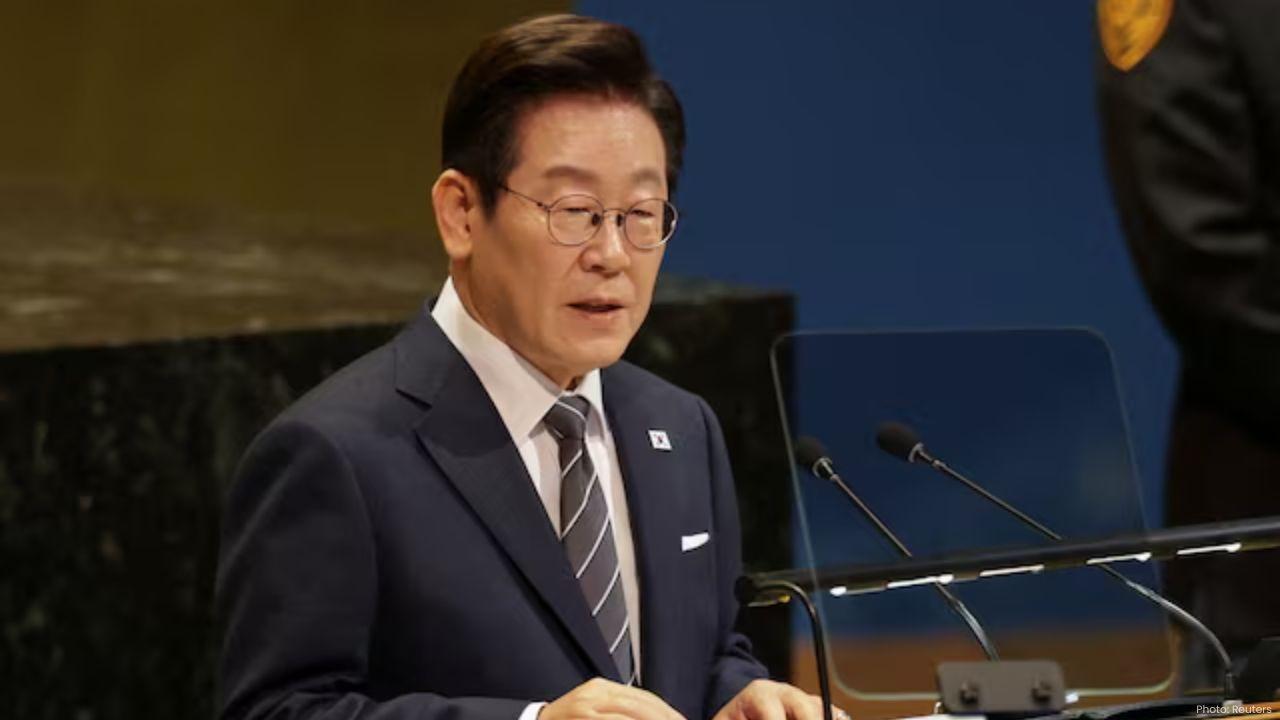
Korean Finance Minister Meets US Treasury On Trade Talks
Korean Finance Minister Koo Yun-cheol met US Treasury Secretary Scott Bessent to discuss trade, inve